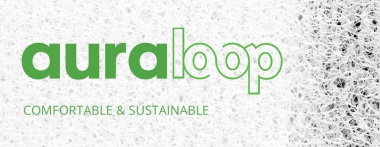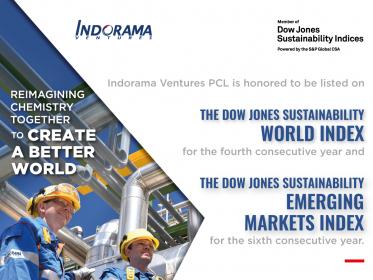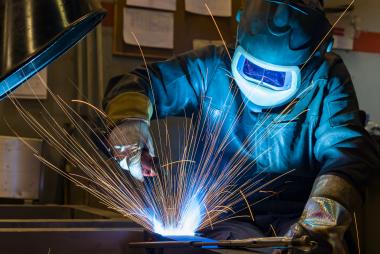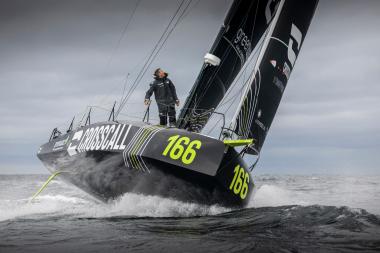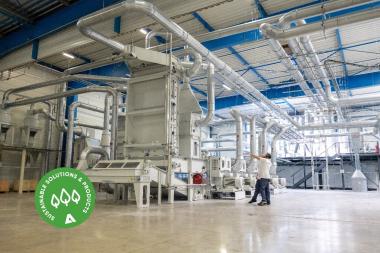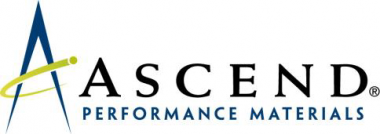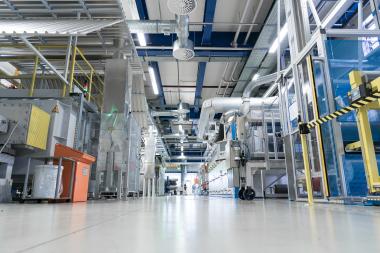adidas introduces the new SS23 Melbourne Tennis Collection
- adidas unveils its SS23 Melbourne Tennis Collection – an apparel range fit for performance
- Inspired by plants and florals, the collection features bold prints, vibrant colorways and a moiré effect textile
- The adidas SS23 Melbourne Tennis Collection will be available from Jan 13 2023
adidas launches its new SS23 Melbourne Tennis Collection, a range of performance apparel featuring striking colorful prints, inspired by plant life and nature. Select pieces feature a contrast-color mesh layering that when in motion creates a moiré effect and helps to mask the player’s movements and positioning on court.
With the help of innovation, adidas is seeing possibilities in turning towards new resources. For these products adidas turned to a greenhouse gas technology. It uses captured industrial emissions as a new material feedstock. CO2 is fermented into ethanol which constitutes 30% by weight of a polyester yarn. adidas knitted this yarn into various products and now this carbon-based ethanol makes up a minimum of 15% by weight of these garments.
In addition, the collection also utilizes HEAT.RDY and Aeroready technologies. HEAT.RDY technology is designed to maximize airflow and optimize sweat distribution, while AEROREADY is powered by moisture-wicking fabric that absorbs sweat quickly for a dry feeling, helping players to move freely and comfortably on court.
The SS23 Melbourne Tennis Collection will be premiered on court by adidas athletes, including Stefanos Tsitsipas, Felix Auger Aliassime, Garbiñe Muguruza, Qiang Wang and Maria Sakkari.
The SS23 Melbourne Tennis Collection will be available from Jan 13.
adidas AG












